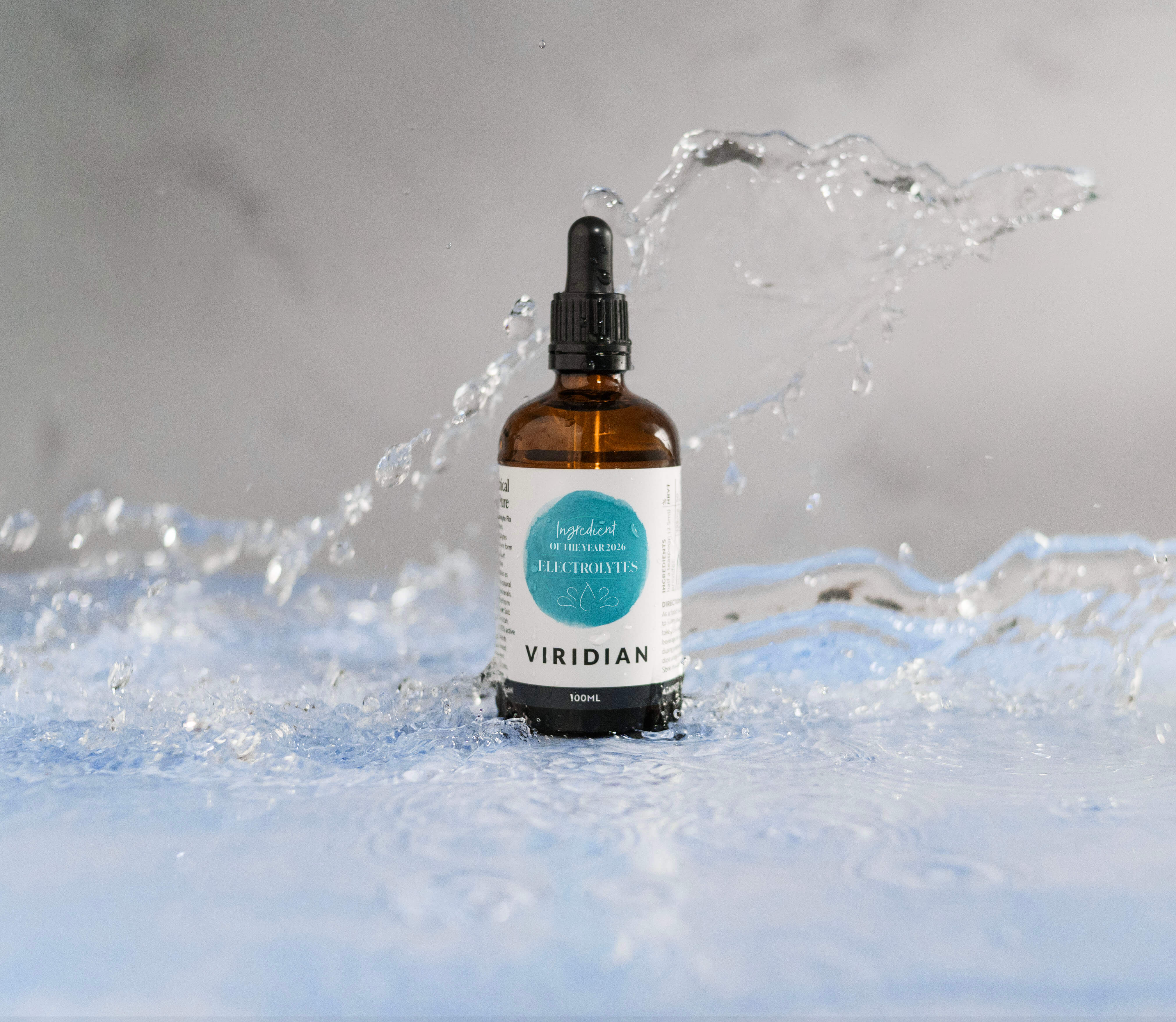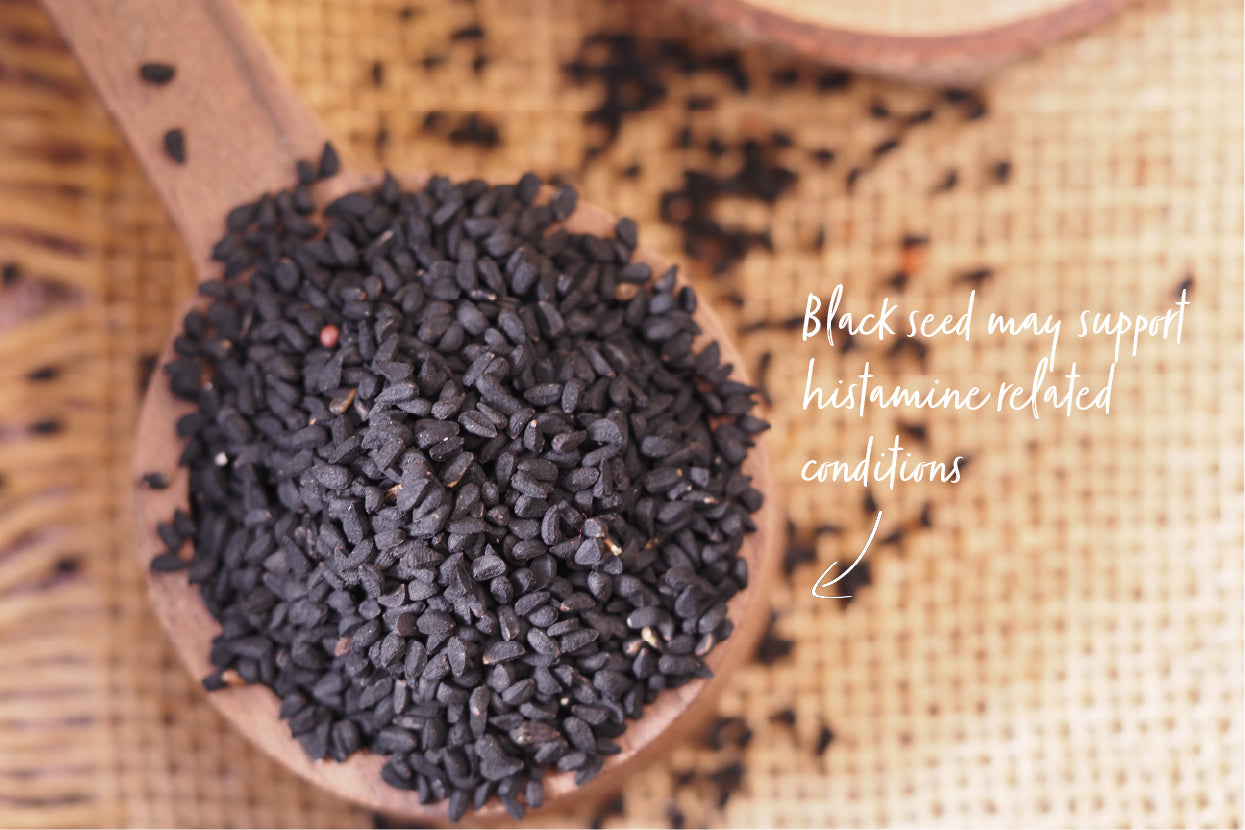
Tricky to pronounce, astaxanthin - this tongue-twister of a pink-coloured carotenoid is a real star and one nutrient which should be on everyone’s lips come the summer months. A quick delve into the research pins this powerful antioxidant on the ‘A’ list when it comes to skin. It is often crowned 'King of the Carotenoids' owing to its powerful action.
Astaxanthin is found naturally in pink coloured seafood including salmon, crab, and shrimps, it is also the pigment which gives flamingos their characteristic pink hue, providing protection to their skin from the intense sunlight in their habitat.
A powerful antioxidant
Its status as a powerful antioxidant derives from its ability to deactivate reactive oxygen species (ROS) or free radicals which damage cellular DNA, mitochondria, lipoproteins, and cell membranes. Lipid soluble, and therefore with an affinity for protecting lipids. It is unique in that it also has a polar element and therefore can protect both outer and inner cell membranes.
Delaying the impact of UV exposure
Astaxanthin reaches both the dermis and epidermis where it is able to exert these powerful antioxidant effects. Cell studies show its ability to reduce UV induced DNA damage and cell death, whilst human research echoes this. One study demonstrated that it increased the time it took skin to redden on UV exposure, whilst at the same time reducing trans epidermal water loss i.e., helping the skin retain its moisture.
Healthy ageing
Other research supports astaxanthin’s ability to prevent age-related damage, helping skin to retain its elasticity and reducing wrinkle formation. Wrinkle depth and smoothness were improved too. This makes it perfect for those who want to help provide natural protection during the summer months, or in a more year-round capacity with an eye to keeping their youthful glow. Good sun protection with a topical SPF is always recommended alongside.
Anti- inflammatory properties
Alongside its tremendous antioxidant power is its linked capacity to reduce inflammation. This is thought to be in part due to its role in keeping mitochondrial membrane integrity. It helps to reduce inflammatory mediators and shows potential in regulating autophagy, the ability of the body to clear up, recycle or replace damaged cells. Autophagy is thought to play a key role in disease prevention, optimizing cell function, and therefore healthy ageing. No surprise to learn then that astaxanthin might be useful as we age. Our own internal antioxidant enzyme system often becomes compromised as we age, and with it our ability to protect our tissues. This is especially true of the brain, which is metabolically very active but also the eyes and our vascular system.
Supports cognitive function
Astaxanthin being lipid loving can cross the blood brain barrier. Here it can exert shielding effects on neurons, and it is proposed to have protective and beneficial effects against in neurodegenerative diseases including Alzheimer’s, Parkinson’s, and cognitive impairment. A great example of brain food!
It can exert shielding effects on neurons, and it is proposed to have protective and beneficial effects against in neurodegenerative diseases including Alzheimer’s, Parkinson’s, and cognitive impairment. A great example of brain food!
Promotes good eye health
In terms of the eyes, measures of visual acuity have been demonstrated in patients, whilst cell studies suggest UVB protection of the lens, indicating a protective role much like that is skin. Vascular effects of astaxanthin are interesting too. It has been shown to increase blood flow and reduce blood pressure and may reduce triglycerides and very-low-density lipoprotein cholesterol.
With all these credits under its belt Astaxanthin, what’s not to love about astaxanthin all year round.
Fun Facts
- Studies suggest astaxanthin is 6000 x more powerful than vitamin C, 770 x more powerful than CoEnzyme Q10, and 100 x more powerful than vitamin E.
- You don’t need to be a fan of seafood to enjoy astaxanthins benefits. Haematococcus pluvialis, a sustainably sourced freshwater microalgae are a rich vegan source.
You can reap the potential benefits of astaxanthin by including this nutrient in your diet, which is available in supplement form. For advice about diet and lifestyle support, visit your independent health store at findahealthstore.com
Author: Corin Sadler, BSc DipION, FDSc is a Medical Herbalist and Senior Nutritionist at ethical vitamin company Viridian Nutrition. She has a Degree in Clinical Herbalism, and a Diploma in Nutritional Therapy. Corin has a wealth of clinical experience in natural and wellbeing, and using nutrition and herbs to optimise overall wellness.
References:
The Role of Astaxanthin as a Nutraceutical in Health and Age-Related Conditions - PMC (nih.gov)
Effects of Astaxanthin on Human Blood Rheology - PMC (nih.gov)
Biological and neurological activities of astaxanthin - PMC (nih.gov)
The information contained in this article is not intended to treat, diagnose or replace the advice of a health practitioner. Please consult a qualified health practitioner if you have a pre-existing health condition or are currently taking medication. Food supplements should not be used as a substitute for a varied and balanced diet.







